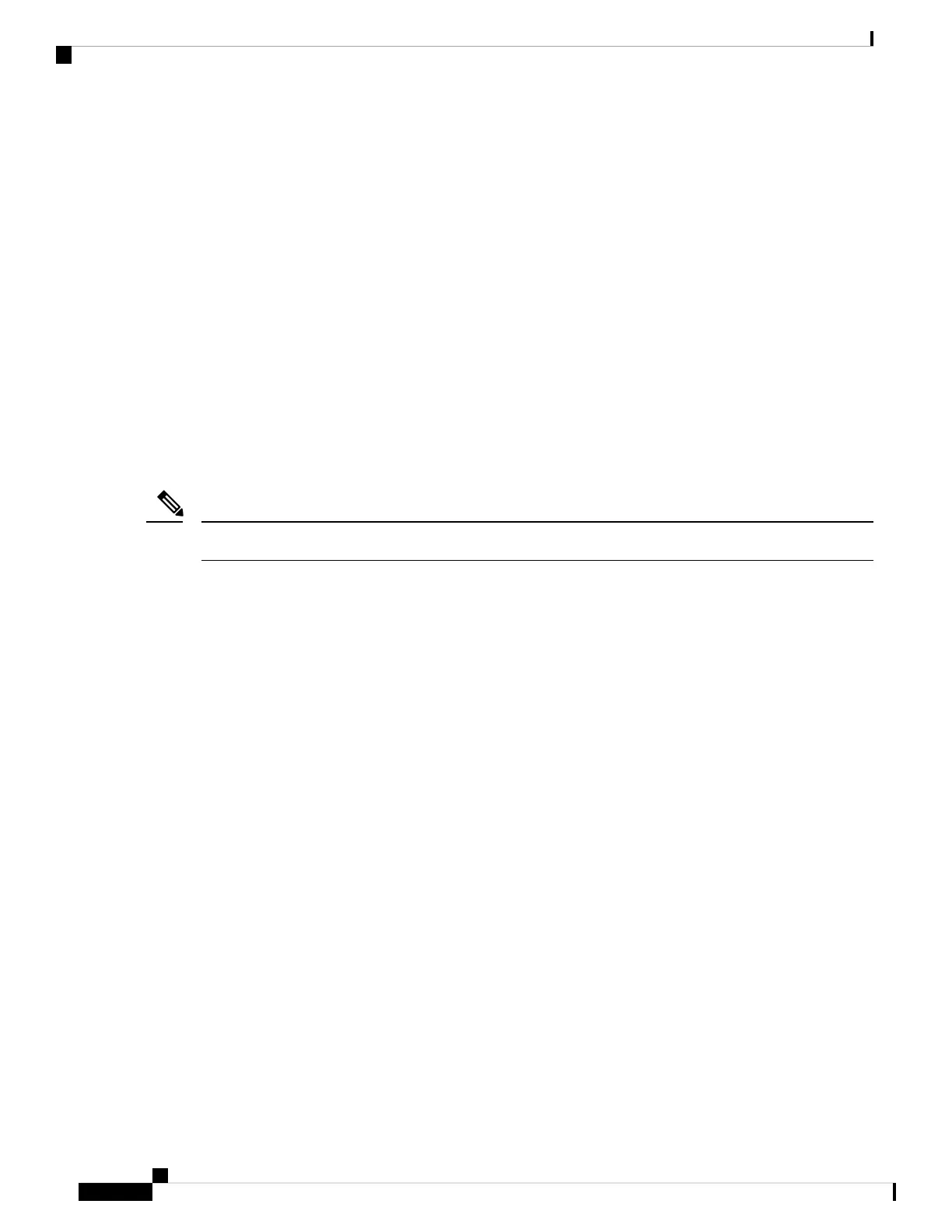# comprising multiple
# lines.
In general, remarks are used between complete statements or elements of a set. Remarks are not supported in
the middle of statements or within an inline set definition.
Unlike traditional !-comments in the CLI, RPL remarks persist through reboots and when configurations are
saved to disk or a TFTP server and then loaded back onto the router.
Disposition
If a policy modifies a route, by default the policy accepts the route. RPL provides a statement to force the
opposite—the drop statement. If a policy matches a route and executes a drop, the policy does not accept the
route. If a policy does not modify the route, by default the route is dropped. To prevent the route from being
dropped, the pass statement is used.
The drop statement indicates that the action to take is to discard the route. When a route is dropped, no further
execution of policy occurs. For example, if after executing the first two statements of a policy the drop
statement is encountered, the policy stops and the route is discarded.
All policies have a default drop action at the end of execution.
Note
The pass statement allows a policy to continue executing even though the route has not been modified. When
a policy has finished executing, any route that has been modified in the policy or any route that has received
a pass disposition in the policy, successfully passes the policy and completes the execution. If route policy
B_rp is applied within route policy A_rp, execution continues from policy A_rp to policy B_rp and back to
policy A_rp provided prefix is not dropped by policy B_rp.
route-policy A_rp
set community (10:10)
apply B_rp
end-policy
!
route-policy B_rp
if destination in (121.23.0.0/16 le 32, 155.12.0.0/16 le 32) then
set community (121:155) additive
endif
end-policy
!
By default, a route is dropped at the end of policy processing unless either the policy modifies a route attribute
or it passes the route by means of an explicit pass statement. For example, if route-policy B is applied within
route-policy A, then execution continues from policy A to policy B and back to policy A, provided the prefix
is not dropped by policy B.
route-policy A
if as-path neighbor-is '123' then
apply B
policy statement N
end-policy
Routing Configuration Guide for Cisco NCS 6000 Series Routers, IOS XR Release 6.4.x
402
Implementing Routing Policy
Disposition

